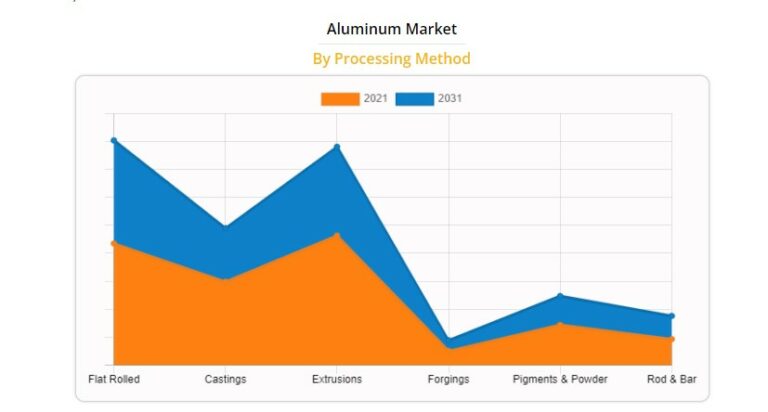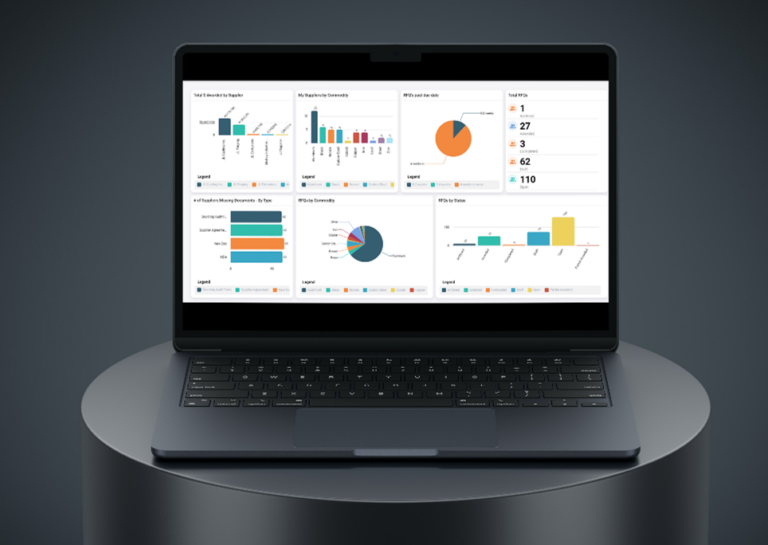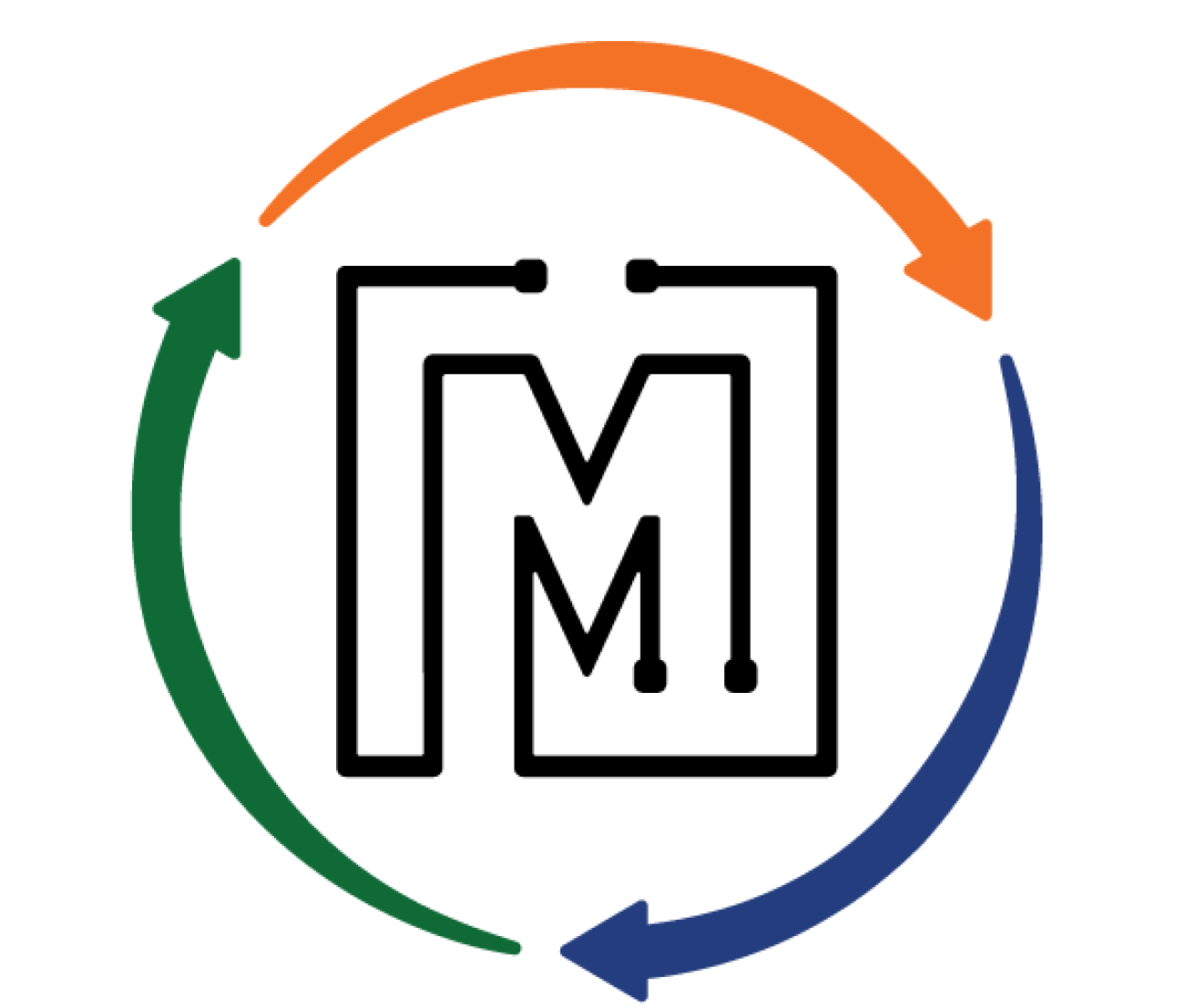Think of commodity managers as the quarterbacks of the supply chain team. They need to collect a lot of supplier information, be quick decision-makers, and negotiate details but yet, see the big picture. The most successful commodity professionals constantly monitor market conditions to purchase when prices are ideal. They analyze risk, develop forecasts, study trends to identify and solve potential problems, and are always looking for opportunities for innovation in their field. They are often overworked, with very little in the way of digitized workflow tools.
Example case: Let’s review the commodity manager responsible for aluminum die-casting spending in North America. This is a $6.8 Billion spend category with hundreds of large and small suppliers in the US and around the globe. According to the Allied Marketing Research Global Opportunity Analysis and Industry Forecast published in June 2022, the rapidly rising demand for aluminum in China has been fueling the expansion of the global aluminum sector.

https://www.alliedmarketresearch.com/aluminium-market
So, how does an effective commodity manager create a solid strategy to reduce risk, forecast and monitor costs, and regulate volume based on this type of market fluctuation?
- Pick capable suppliers and capacity around the world
- Move tools around the world for optimal cost, quality, and delivery
- Shift focus from process to commodity
- Balance costs monthly instead of quarterly
- Focus more on inventory volume
- Categorize suppliers into groups by commodity, process, location
- Stay up to date on the latest laws, regulations, tariffs, and economic climate
How do commodity managers accomplish all these things? By searching for the latest and greatest innovations in their field and implementing best practices into their strategy.
They join the age of digital procurement with MESH Works: the cloud-based sourcing and supplier relationship management tool.

The MESH SRM (Supplier Relationship Management) dashboard makes a commodity manager’s job easier by placing all important information in one place.
- Organizing suppliers in the MESH supplier network by geographic location can reduce shipping time and lowers costs
- A global database of MESH-assessed suppliers reduces the risk and opportunities involved with currency exchange rate
- The ability to view and download reports that snapshot suppliers by commodity and allow a quick pivot when the market demands it
- Seamless integration between departments streamlines processes and communication between sales, sourcing, and procurement teams
Learn more about MESH and connect with one of our supply chain specialists at www.meshworks.com.


